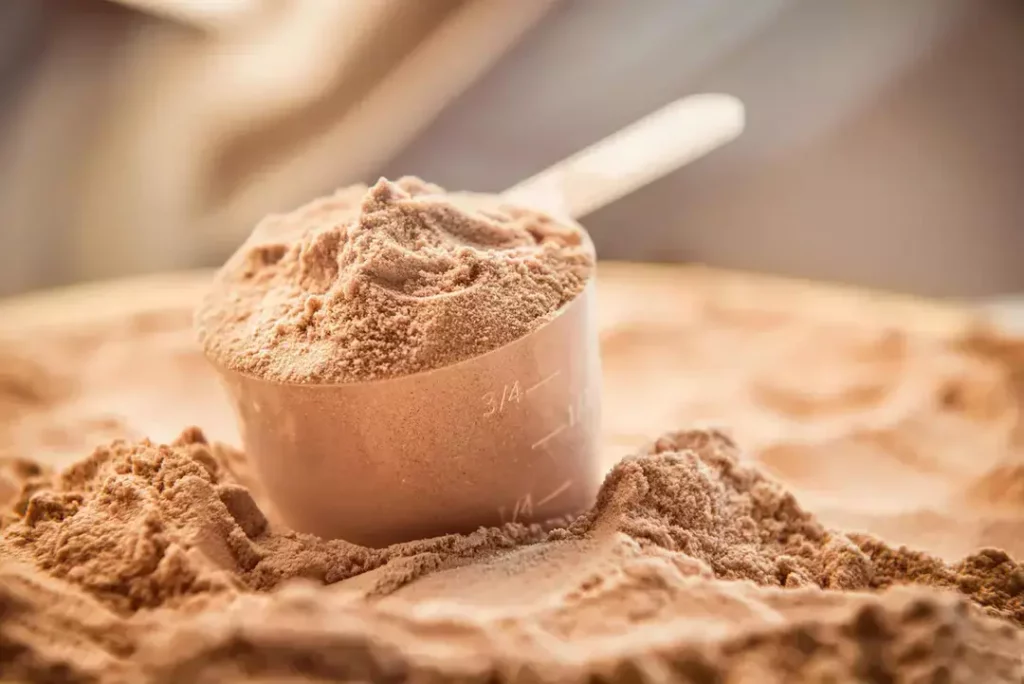
New Study Shows High-Protein Diets Safe for Older Adults
As we age, our bodies undergo a range of changes that can affect our overall health and well-being. One of the most significant concerns for older adults is the loss of muscle mass and strength, which can increase the risk of falls, fractures, and other injuries. In recent years, there has been a growing debate about the safety of high-protein diets for older adults, with some experts warning that they may cause oxidative stress and harm cellular health.
However, a new study published in Redox Biology has found that high-protein diets, whether combined with strength training or not, do not raise oxidative stress in older adults. The study, which was conducted over 17 weeks, found that protein-rich whole food diets are safe for cellular health and help preserve muscle, making them a smart choice for ageing well without added risk.
Oxidative stress, which occurs when the body produces more free radicals than it can neutralize, is a major risk factor for chronic diseases such as cancer, heart disease, and Alzheimer’s. As we age, our bodies become less able to neutralize free radicals, making oxidative stress a major concern for older adults.
The study, which was conducted by researchers from the University of Illinois, involved 64 older adults who were randomly assigned to one of three groups: a high-protein diet with strength training, a high-protein diet without strength training, or a low-protein diet with strength training. The participants were all between the ages of 65 and 85, and had no significant health problems at the start of the study.
The researchers measured the participants’ muscle size and strength, as well as their levels of oxidative stress, at the beginning and end of the 17-week study. They also collected blood and urine samples to measure the levels of oxidative stress biomarkers.
The results of the study showed that the participants who followed the high-protein diet, regardless of whether they also did strength training, did not experience any increase in oxidative stress. In fact, the researchers found that the high-protein diet group had lower levels of oxidative stress biomarkers than the low-protein diet group.
The researchers also found that the high-protein diet group had significant improvements in muscle size and strength, compared to the low-protein diet group. These findings suggest that high-protein diets may be an effective way to preserve muscle mass and strength in older adults, without increasing the risk of oxidative stress.
So, what does this mean for older adults who are looking to maintain their health and well-being as they age? The study suggests that high-protein diets, whether combined with strength training or not, may be a safe and effective way to preserve muscle mass and strength. This is particularly important for older adults who are at risk of falls and fractures, as maintaining muscle mass and strength can help reduce the risk of these injuries.
In addition to the benefits for muscle mass and strength, the study also found that high-protein diets may have other health benefits for older adults. For example, high-protein diets have been shown to improve blood sugar control, reduce the risk of kidney disease, and support bone health.
Of course, it’s important to note that the study had some limitations. For example, the participants were all relatively healthy at the start of the study, and the results may not generalize to older adults with significant health problems. Additionally, the study only looked at the effects of high-protein diets on oxidative stress and muscle mass, and did not examine the effects on other health outcomes.
Despite these limitations, the study provides encouraging evidence that high-protein diets may be a safe and effective way to support health and well-being in older adults. As the global population ages, it’s increasingly important that we find ways to support the health and well-being of older adults, and this study suggests that high-protein diets may be one way to do so.
In conclusion, the new study published in Redox Biology shows that high-protein diets, whether combined with strength training or not, do not raise oxidative stress in older adults. The study suggests that protein-rich whole food diets are safe for cellular health and help preserve muscle, making them a smart choice for ageing well without added risk. As we age, it’s important to prioritize our health and well-being, and this study provides encouraging evidence that high-protein diets may be a safe and effective way to do so.
Source:
https://thepfc.club/blogs/news/can-high-protein-diets-and-strength-training-harm-older-adults






